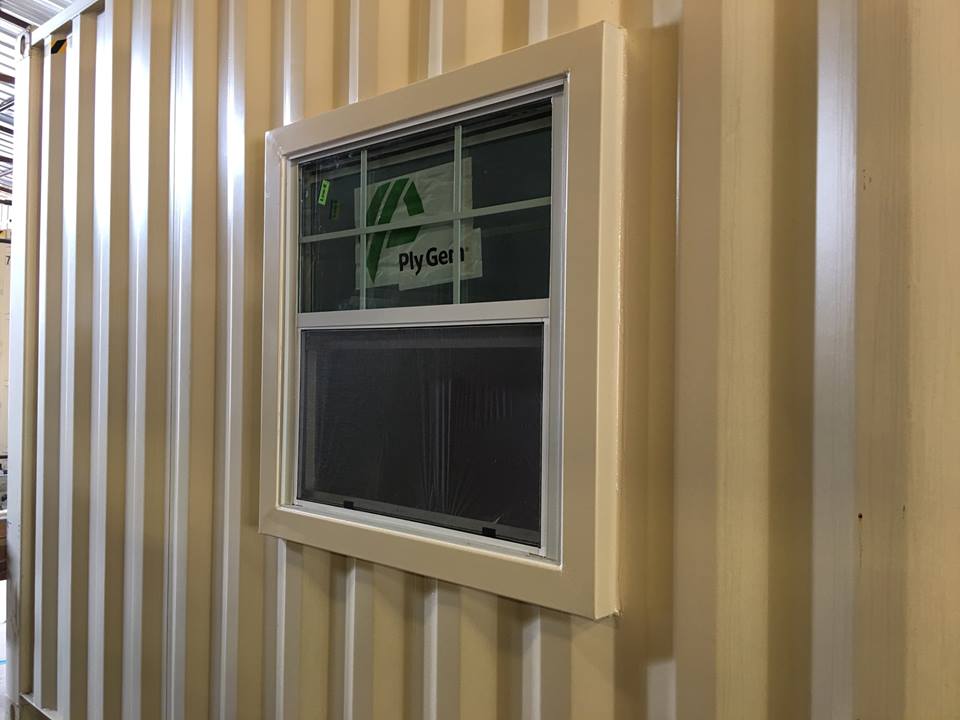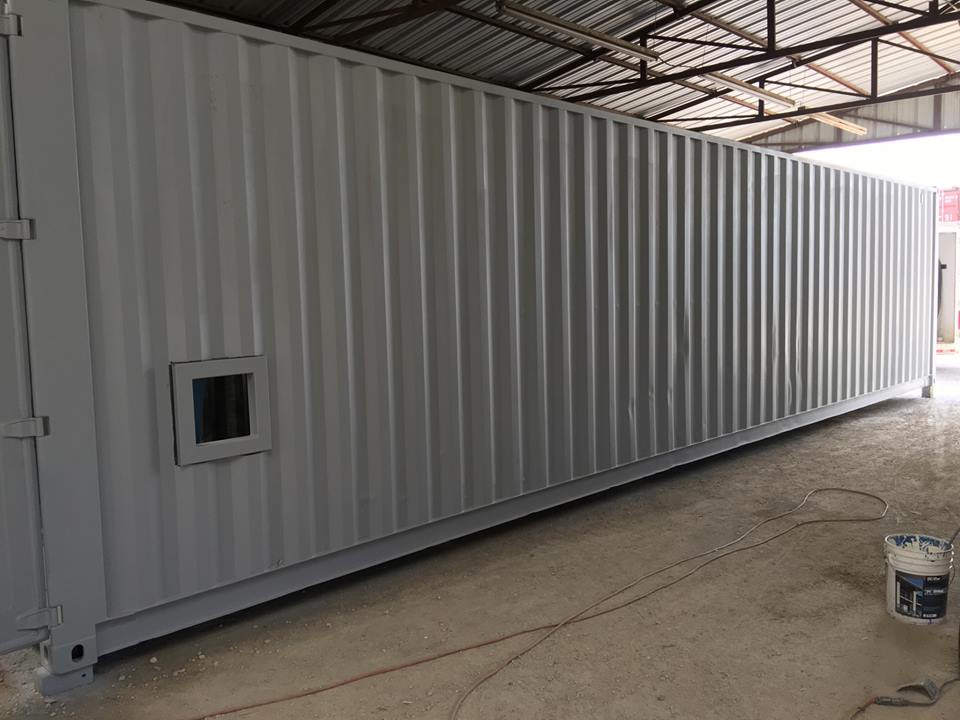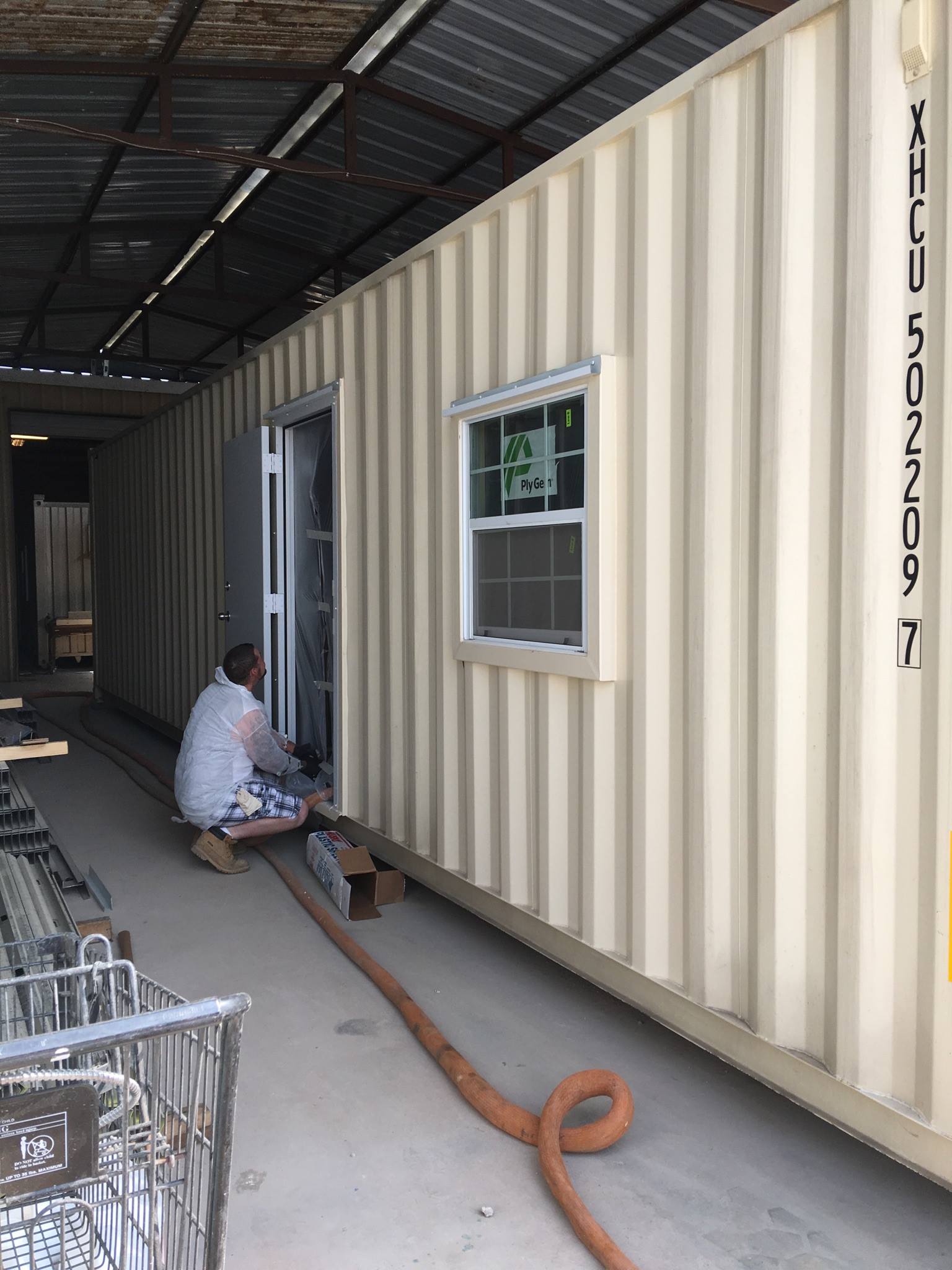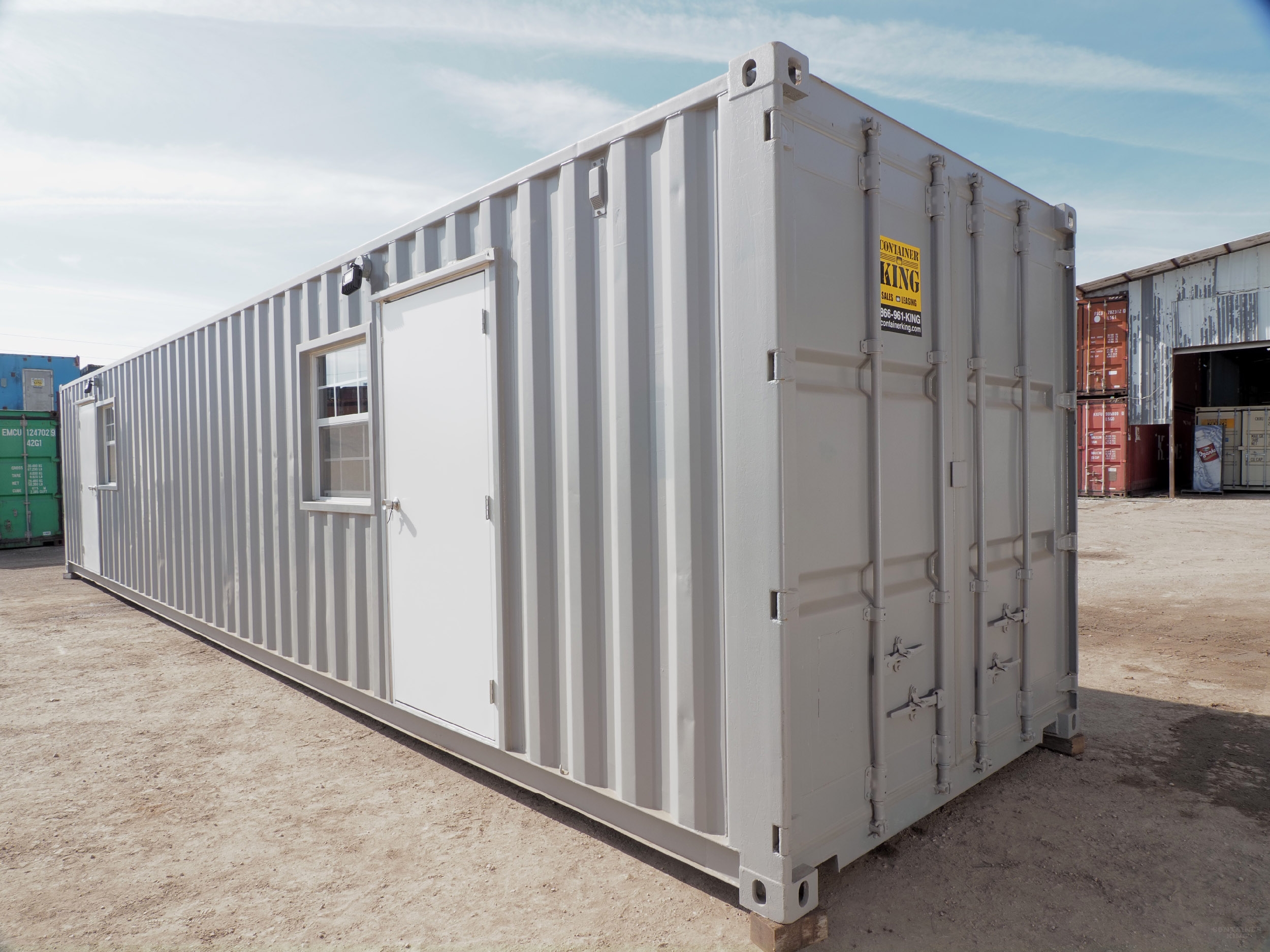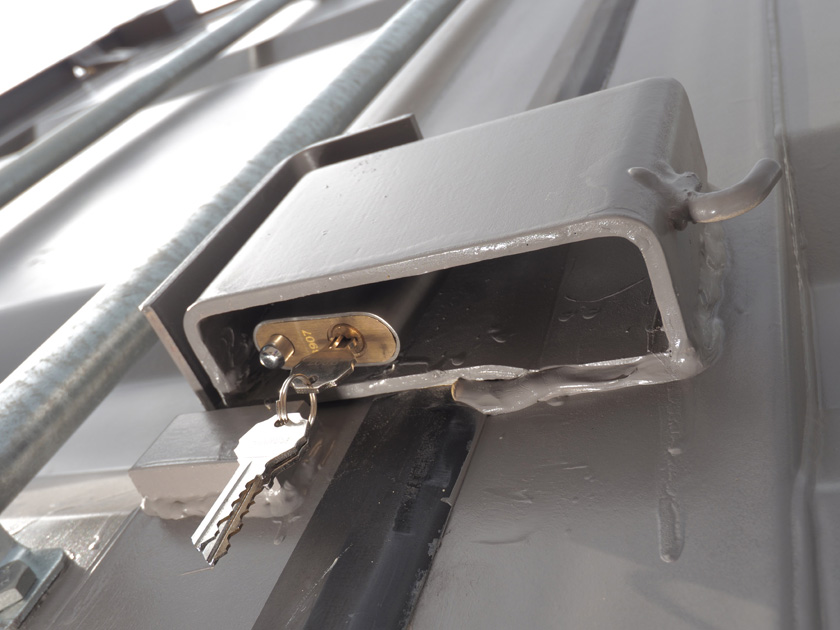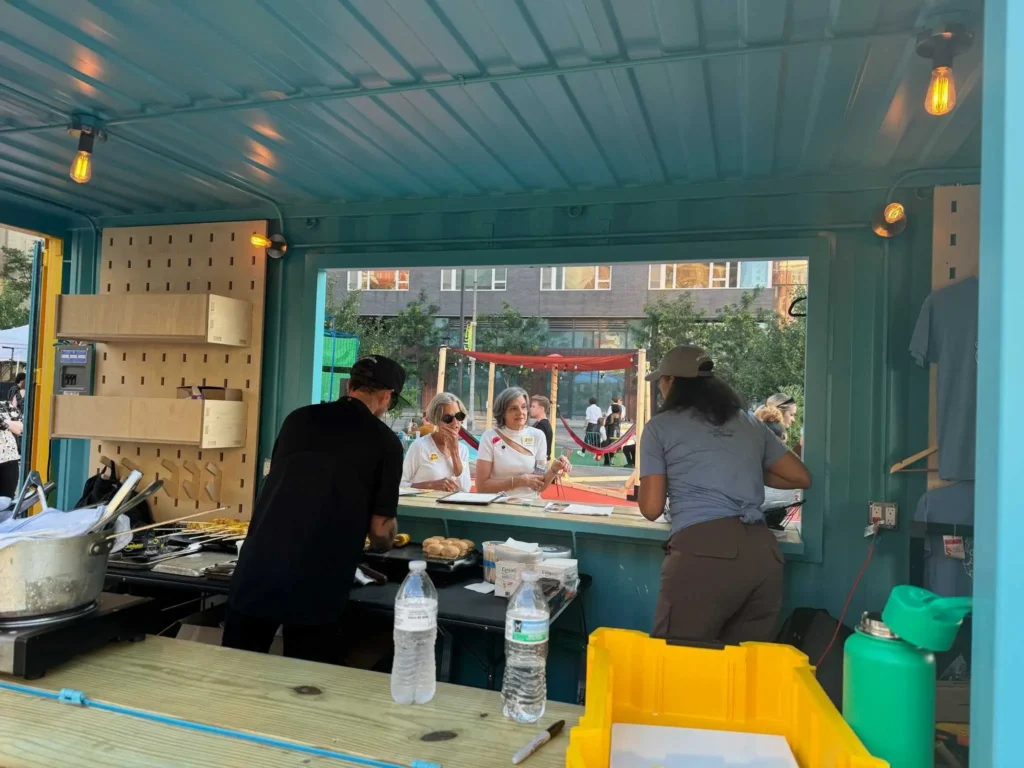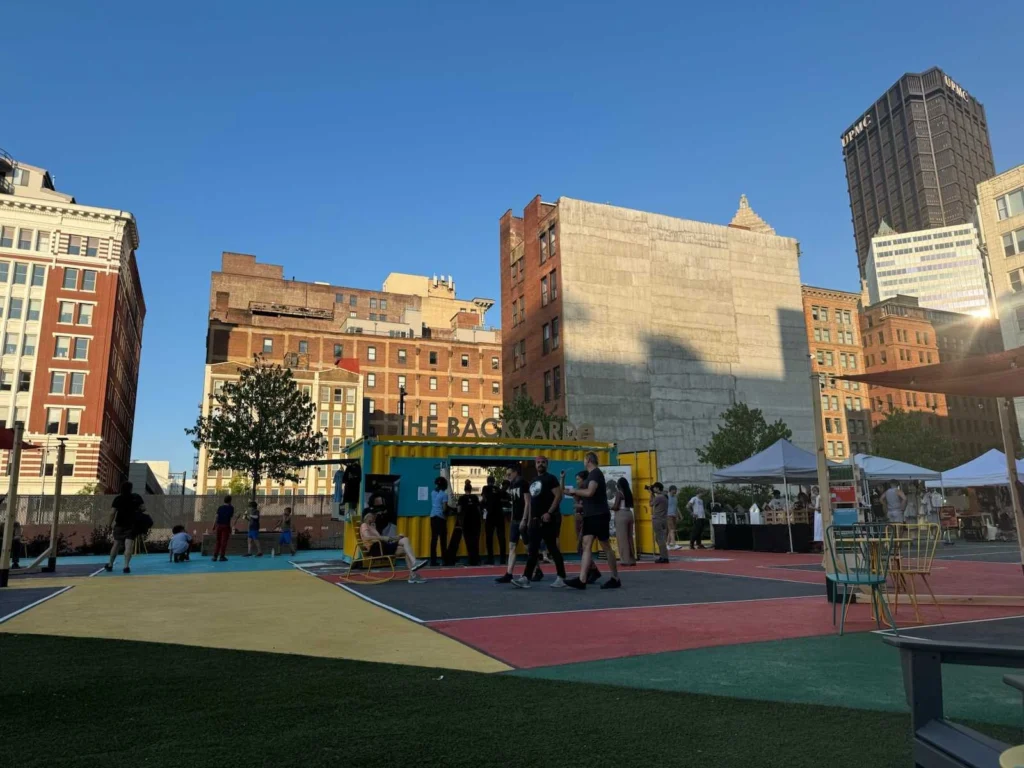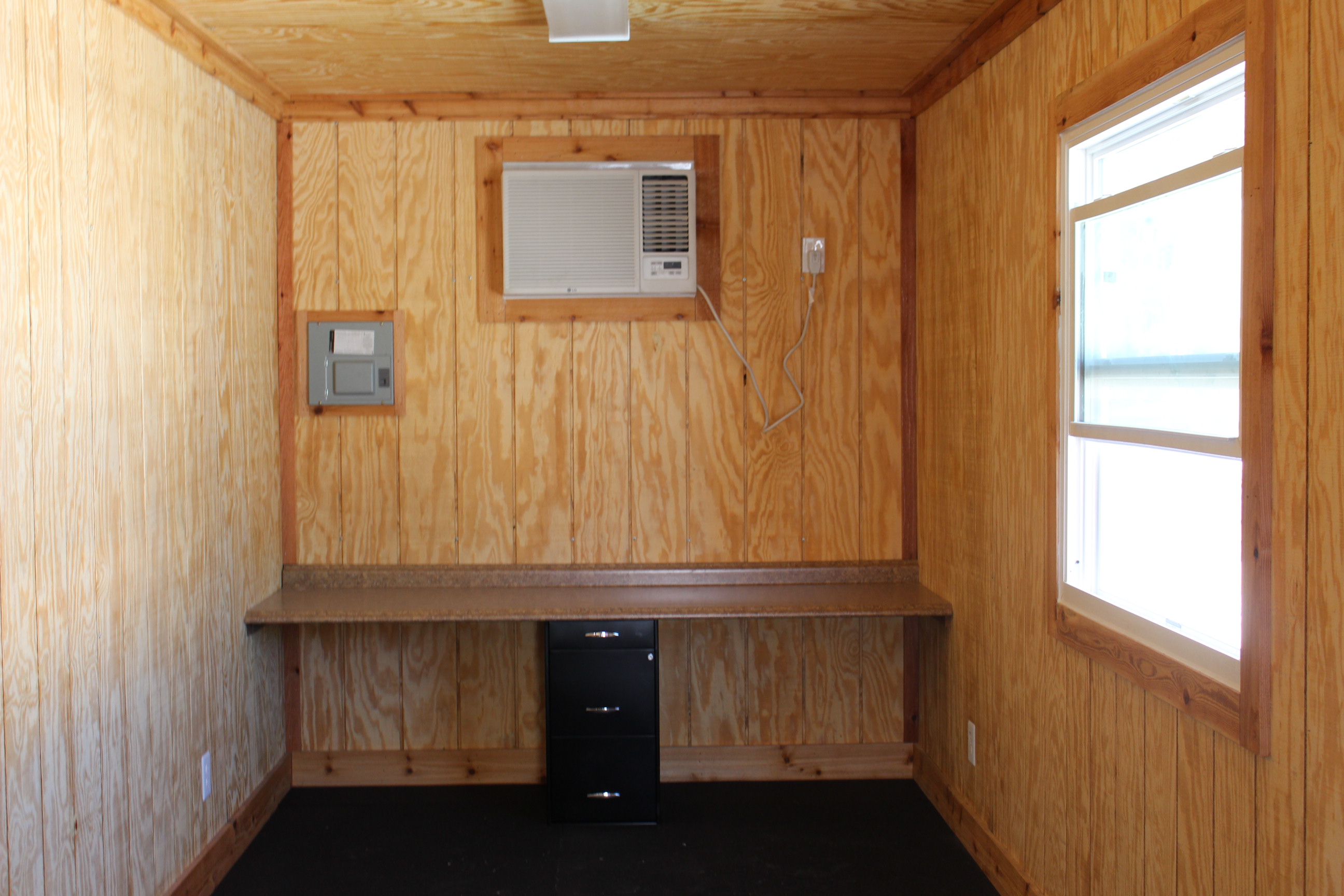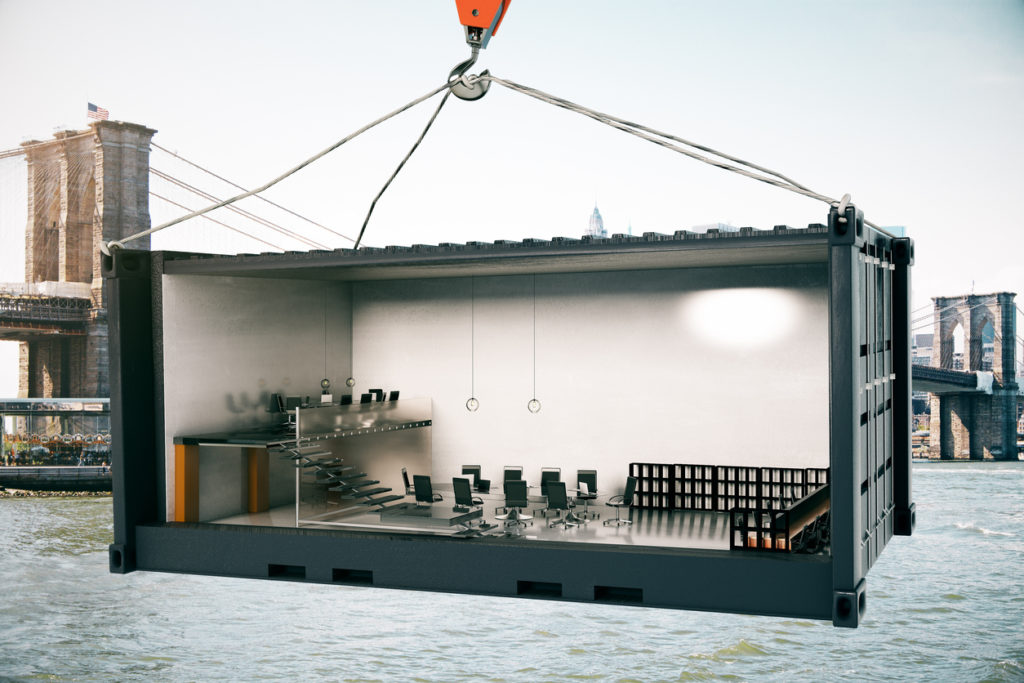Shipping Container Modifications and Accessories by Container King
At Container King, we understand that every customer’s needs are unique, which is why we offer extensive modification options and a variety of accessories to customize your shipping container. With our expertise and high-quality products, we can transform a standard shipping container into a solution that perfectly fits your requirements.
Popular Modifications and Accessories
Enhanced Security Options
- Lock Boxes: Protect your container with steel lock boxes that safeguard padlocks from tampering or theft.
- Window and Door Bars: Add an extra layer of security to windows and doors, keeping your contents safe.
Improved Accessibility
- Roll-Up Doors: Available in sizes ranging from 6’ to 12’, roll-up doors make accessing stored items quick and easy. We customize placement to suit your container layout.
- Personnel Doors: Our steel man doors are both durable and weather-resistant, offering convenient entry points.
Comfort and Climate Control
- Air Conditioning and Heating: Keep your container comfortable year-round with options like window AC units or ultra-quiet Mini Split systems.
- Ventilation Systems: Prevent condensation and mold with side vents or whirlybirds to improve airflow.
Functional Interiors
- Shelving Units: Maximize storage space with custom shelving solutions, including no-drill options that preserve your container’s structural integrity.
- Windows: Bring natural light inside with windows in a variety of sizes to match your preferences.
Lighting and Electrical Additions
- Interior Lighting: Options such as 4’ LED lights and can lights ensure excellent visibility for any use case.
- Electrical Packages: Customize your container with power outlets, light switches, circuit breakers, and more, connected to an external power source.
Custom Paint and Branding
- Exterior Paint Options: Whether you want your container to blend in or stand out, we offer custom paint jobs in a wide range of colors.
Why Choose Container King?
- Extensive Experience: With years of expertise in the industry, we’re leaders in providing customized container solutions for various applications.
- Wide Selection: We offer a vast inventory of containers and accessories, ensuring you’ll find what you need, whether for storage, business, or personal use.
- Quality Craftsmanship: Every modification is handled with precision and care, using durable, high-quality materials that meet your expectations.
- Customer-Centric Approach: Your satisfaction is our priority. Our team works closely with you to understand your needs and deliver tailored solutions.
- Convenience and Support: From concept to completion, we make the customization process hassle-free, offering guidance at every step.
Tailored to Your Needs
Our team specializes in crafting containers that work for everything from office spaces to workshops, storage units, and even living areas. Whether you’re looking for enhanced security, better functionality, or aesthetic improvements, we have the accessories and expertise to make it happen.
Contact Container King today to discuss your custom container project. Let us help you create a space that meets all your expectations and more!

